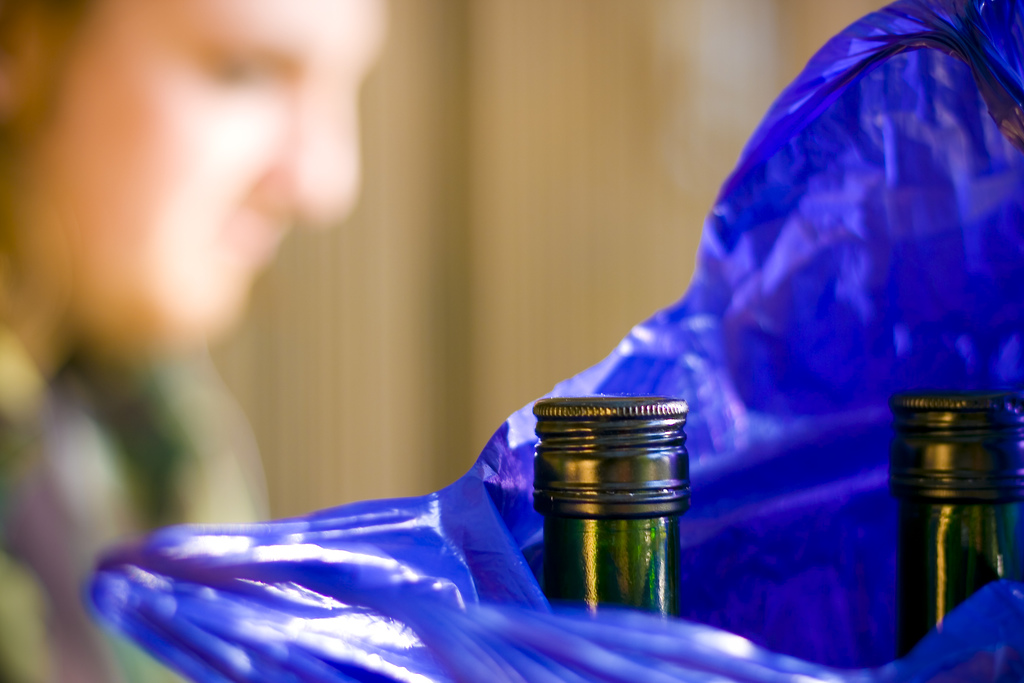
[dropcap][/dropcap]Pints with friends. Pints with family. Pints for the sake of pints. The overindulgence of the festive period is remedied by a call for a dry January and a healthier lifestyle.
Tins of biscuits, selection boxes and three course meals in December are met with diet plans and gym memberships in January.
Christmas is a period of overindulgence. Santa delivers the entire Smyth’s catalogue to certain households as the adults purchase hover boards, the latest phone that makes your old one seem obsolete and the other gimmicks that you need to buy a significant other to fill the void you both feel in your everyday lives. We lament our bank balances, the household waste and the fact that most of these Christmas 2019 “must-haves” will never see the light of day again. Yet, queues upon queues of consumers flock to high street stores at ungodly hours to browse the sales.
We are often so blinded by the power of advertising and the promise of what was once the American dream that we fail to realise that the desire to always have more and to gather “stuff” can become an addiction. Advertisers constantly tell us that we are not good enough, and when you hear something often enough you soon start to believe it.
Our insecurities are used against us. In the nineties products became cheaper leading to an unprecedented binge that has never truly ended despite economic turmoil. One good coat winter coat from Arnott’s has become ten bargain buys from fast fashion websites because we simply can’t be seen in the same outfit twice. Well-built dolls houses passed through generations of children have been replaced by cheap TV show figurines that are rendered useless if you fail to collect them all.
As human beings we often associate possessions to important people in our lives and accidentally start to love these material objects in the way we would love the person that gifted them to us. The hunt for food and for shelter during caveman times is now a never-ending hunt for a perfect life that does not actually exist, a need that cannot be fulfilled. Minimalism can easily be labelled as Instagram’s latest phase, the newest, most innovative way for celebrities to boast their wealth. We see stars promote expensive shoes that are designed to look cheap. We laugh at Robert Pattinson and his attempt to look like an old Irish tenant farmer. It is of course far easier to be “minimalist”, when it is by choice and not by default.
There is a massive difference between a supposedly minimalist Californian home that costs 2.7 million and an empty room on Dorset St where the resident goes to sleep staring into the loving eyes of their washing machine that doubles as a study desk. “Decluttering” is not a luxury presented to many of us, yet we can see the appeal for former wolves of wall street and junior executives.
We remember the picture of the leader of the very corporation at the epicentre of this crisis, a young and seemingly happy Steve Jobbs sits wearing a simple black polo neck in a barren room. It is hard to believe in the promise of a life with more meaning, when Apple’s ethos is and always will be that the latest model is the best model.
Netflix’s documentary “Minimalism” explores the lives of those who felt the need to jump off the corporate ladder in the search for a life where people and relationships are more important than things. They rid their lives of things that do not bring them happiness or do not serve a purpose explaining that while one car may be a necessity, a second car is the beginning of an addiction. Jimmy Carter’s stark warning during his time as president seems to ring very true in a world where we are simply living beyond our means and destroying the planet that is our home.
“Human identity is no longer defined by what one does but what one owns.”
Róisín Cullen
Image Credit: Flickr



